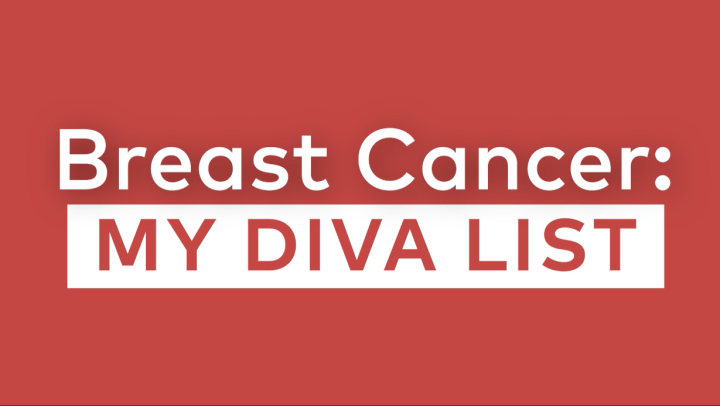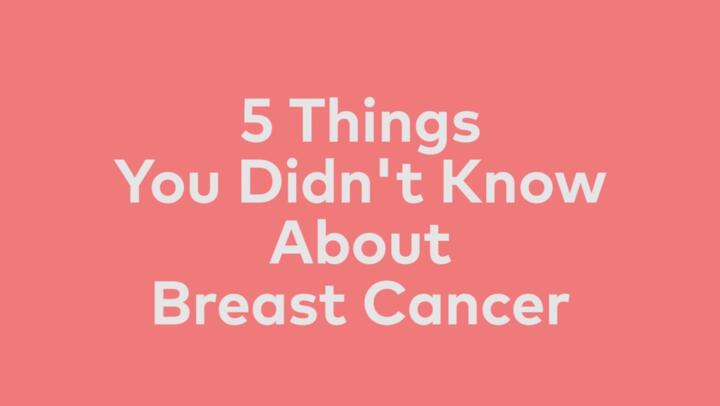
Most head and neck cancers start in the cells of the mucous membranes—the lining of the mouth, throat and nose. Symptoms of head and neck cancer start early in the disease. But not everyone who develops head or neck cancer will have symptoms, and many of the symptoms can be due to other conditions. So it is important to talk with your doctor if you notice anything unusual with your health. Head and neck cancers are often curable when caught in the early stages.
Head and Neck Cancer Signs and Symptoms
The most common symptoms are swelling or a sore in the head or neck area that won’t go away. Be aware of any unusual, unexplained change in your mouth, nose or throat. If you experience any of these symptoms for more than two weeks with no improvement, it’s time to schedule an appointment with your doctor.
In your mouth:
Dentures that don’t fit anymore
Jaw pain when chewing or moving your tongue
Loose teeth
Pain in your teeth or gums
Persistent sores
Red or white patches on the gums, tongue, or inside the cheeks
Unexplained bad odor in the mouth
Unexplained bleeding (usually in later stages of cancer)
Unexplained growth (with or without pain)
In your nose:
Frequent sinus infections
Persistent congestion
Unexplained bleeding
In your throat or neck:
Difficult or painful swallowing
Difficulty speaking
Hoarseness or change in voice
Lump on your neck (with or without pain)
Persistent sore throat
Elsewhere in the head or neck area:
Changes on the skin (usually on the forehead, face or ears)
Double vision or swelling near the eyes
Frequent headaches
Hearing loss or ringing in the ears
Numbness or pain on your face, head or neck
Pain in your ears (usually when you swallow)
Problems breathing
Swelling or pain in your jaw
Next Steps
If you experience symptoms of head and neck cancer for more than a week or two, especially if you have multiple symptoms, schedule an appointment with your doctor or dentist. He or she can perform a physical examination to see whether your symptoms indicate head and neck cancer or some other condition. Do not hesitate to specifically ask, “Do you think this could possibly be due to a tumor?” Courageous patients often inspire their doctors to consider all possibilities to find answers. If your doctor suspects cancer, he or she might order an imaging exam or another diagnostic test to help make a diagnosis. The doctor also might refer you to a surgeon for a biopsy.
Consider visiting an otolaryngologist also known as an ENT. This doctor is a specialist who handles diseases of the ear, nose, throat, mouth, and other parts of the head and neck. An ENT can examine your mouth, nose and throat, including your vocal cords, to check for problems. If the cancer is operable, this doctor can surgically remove the tumor. He or she can also perform cosmetic and reconstructive surgery, which is sometimes necessary after surgery.



















